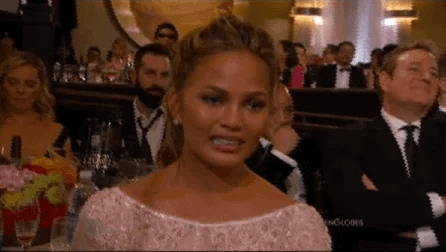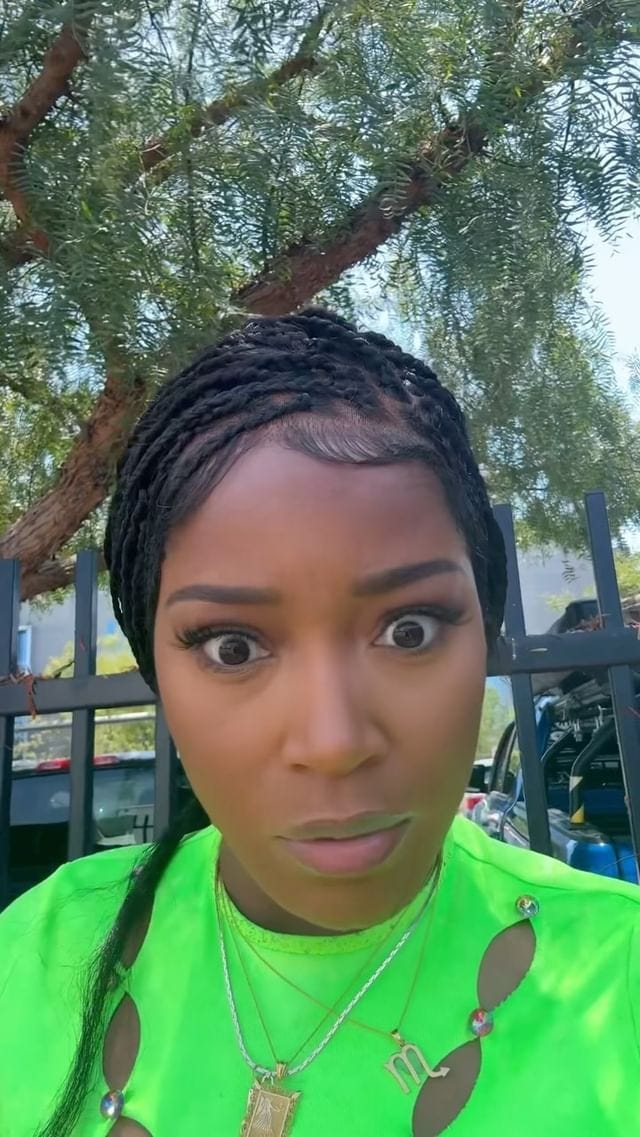Children have no shame and no fear. It’s incredible, really. They will say and do anything because it comes to mind and seems like a good idea at the time. This is clearly why they need supervision, but at this age we are the most pure and honest versions of ourselves.
Some of you may have been lucky enough to encounter an attentive family member, mentor, or teacher who nurtured your gifts and taught you to embrace the most unique and genuine parts of your personality and interests, but if you’re like the majority of us, you were subtly taught to conform. (I’m thinking of immigrant parents abandoning their native languages to help their kids integrate and make friends, inadvertently paving the way for a future identity crisis, and “loud” children signaling early signs of creativity, only to be silenced and sorted).
We are encouraged to “grow up,” and succumb to what is socially acceptable in our peer groups. Parts of us are lost along the way until we feel the weight of shape-shifting and code-switching culminating in a quarter or mid-life crisis. We seek the childlike parts of ourselves again. We cling to what makes us different from everyone else.
Lauryn Hill’s 2002 live album, MTV Unplugged 2.0, is what I call “church.” I revisit the songs and interludes often and from time to time my understanding shifts depending on what I may need to learn at the moment. Interlude 4 leaves me with a beautiful and relevant message about the spirit of freedom and self-expression.
“All of us have the right to be who we are. Whenever we submit our will — because our will is a gift, it’s given to us — to someone else’s opinion, a part of us dies.”
Lauryn Hill, MTV Unplugged 2.0, Interlude 4
This thought brings me to the concept of *cringe* (a strong feeling of embarrassment or awkwardness in response to someone's actions, words, or behavior that may be considered “out of touch”; second-hand embarrassment).
What is “cringe”?
(I asked ChatGPT, but you know it when you see it, right?)
Overly filtered social media posts
(excessive use of beauty filters and edited photos that appear unnatural)Fake accents or slang
(adopting accents or using slang that doesn't match one's background or usual speech)Excessive self-promotion
(constantly promoting oneself or one's work in a way that feels insincere or desperate)Virtue signaling
(making a show of one’s good deeds or socially conscious behavior in a way that seems more about gaining approval than genuine concern)Tik Tok dances
(participating in or creating dance challenges that are awkward or poorly executed)Unnecessary hashtags
(using long strings of irrelevant or overly specific hashtags on social media posts)Inauthentic influencer content
(clearly staged or insincere posts from influencers trying to sell products)Overly emotional public announcements
(sharing deeply personal or emotional content in a way that feels attention-seeking rather than genuine)
For example, you may have seen this guy’s LinkedIn post about the lessons his wedding proposal “taught him about b2b sales” 🙄
What is a “fear of cringe”?
All of the things considered *cringe* as stated above stem from desperation or being fake, usually being fake due to desperation. It’s evident from a mile away and we’re naturally repelled by it.
Fear of cringe is the fear of exposing yourself inauthentically OR the fear of exposing your authentic self. It sounds like an oxymoron but stay with me here. (Related but not the same: imposter syndrome)
We all have stories we tell ourselves about who we are, and there is always some nuance between how we see ourselves versus how others see us. In the Internet era, anything and everything is fodder for scrutiny, and if you’re not in alignment with who you are and who you present yourself to be (consciously or subconsciously), you’ll be called out for it.
Sooooo… how do we express ourselves in the Internet age (online and offline) while also avoiding this fear of cringe.
My conclusions are:
Know yourself & be yourself ✨ (i.e. authenticity)
You get to decide what you’re embarrassed by
It’s really not that serious, we’re all human (your own brain is magnifying it to be 5x worse than it really is)
Case Study #1: Jojo Siwa’s dramatic rebrand
Today’s lessons:
Personal branding works when you’re authentic
Understanding your target audience
Key takeaways:
It’s cringy because we don’t believe you
Jojo’s mother should be investigated for child exploitation and robbing Jojo of her youth
Content creator Zoe Unlimited says it best:
Case Study #2: My journey with the fear of *cringe*
Today’s lessons:
Building and sharing your personal brand is about representing yourself authentically on any platform
Key takeaways:
Your authentic voice is one of the most important tools you have and it belongs to only you
Sharing your thoughts, ambitions, interests, and passions will help you attract your people
Growing up, I was self-confident (thanks to my Tia for pouring into me 🙏) and I was “good at school,” but I did not pay attention to my gifts.
I had to learn to be “good at life” and understand ethical nuance and grey areas.
I was a self-imposed perfectionist, someone who used to highly endorse the sentiment of “don’t tell people your plans, show them your results.”
I value my privacy and I can be selective about what and with whom I like to share and give access.
It’s very important to me to honor my word, and I would hold this against myself.
I went through a period of burnout *lite* because I found it difficult to define myself and own my story. I would ask myself somewhat nihilistically, why am I doing this or what is the point?
On the other end of this:
I rediscovered some of my passions like writing (I’d always loved to write and in high school, I had intended to pursue a career in journalism) — in part, thanks to Substack 🌻
I identified my gifts (things I’m uniquely positioned to do in this world)
and my purpose (to use my voice and my gifts in the right spaces to advocate for things I care about)
all still works in progress*
I said YES to continuous learning, moving in silence, being selective, and minding my business but NO to doing any of those things out of fear or fear of cringe.
Coming from a place of authenticity, sharing your thoughts, ambitions, interests, passions, and ✨gifts✨ is admirable.
I’m on this earth to have an opinion, to care about things and people, and to participate in the world. If you don’t stand for something, you’ll fall for anything - said someone
Case Study #3: Internet culture and the Loneliness Economy
Today’s lessons:
Don’t let the Internet (or your mind) bully you out of spaces you want to exist in
Don’t fear cringe! (accept that cringe is part of life and it’s okay)
Key takeaways:
Internet culture thrives on visibility, sharing, and instant feedback. People are constantly exposed to others' opinions and a heightened fear of cringe.
Products and services may exploit the fear of cringe by offering solutions that promise acceptance and validation, but you are the king or queen of accepting and validating yourself.
Cringe can be inauthentic, but cringe is also in the eye of the beholder. What feels inauthentic to you could be someone else following their bliss and their truth.
There are dating apps and AI companions and community spaces and public forums. All of these technologies and tools are means by which to express yourself and fulfill your human need of belonging. You belong there as much as anyone else, even if you’re “cringe.” Chances are, you will find someone to match your cringe.
If you’re feeling the fear of cringe, consider this pros & cons list:
A word, a message, a moment 💯
One more thing
If you find yourself overthinking, enjoy the viral web series, Recess Therapy, where host Julian Shapiro-Barnum gets some inspirational advice from the mouth of babes. “Little kids, big questions, free advice.” Adorable! Corn kid is my favorite.
The Loneliness Economy newsletter 🌻
Thanks for reading! It’s a fun practice for me to write to gather my thoughts on these topics. Share with a friend if you’ve found my words interesting or helpful. Comment below if you have anything to add.











